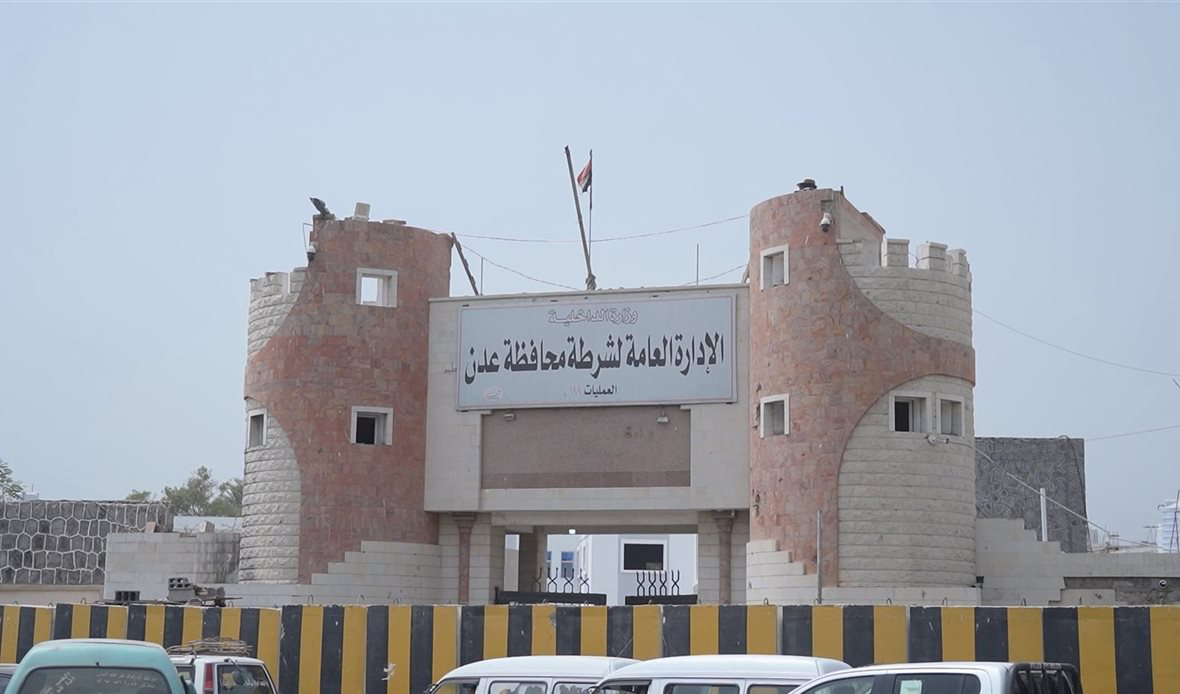Barran Press
In an exclusive interview with "Barran Press," Major General Sagheer Hamoud bin Aziz, Chief of Staff of the Yemeni Army, stated that without God's help and the support of the Arab coalition, Yemen would today resemble an Iranian-controlled territory. He emphasized that the coalition, led by Saudi Arabia, is committed to Yemen’s security and stability, working tirelessly for these goals.
Bin Aziz asserted, “Anyone who doubts the coalition's support for legitimacy and its ongoing commitment to Yemen and its people is mistaken.” He highlighted the importance of a secure and unified Yemen for the broader Arab world, noting that Yemen's stability directly affects the region.
He remarked that the Arab coalition's contributions to Yemen across various sectors will be forever etched in the memory of the Yemeni people.
During the interview, Bin Aziz reflected on the pivotal role played by the tribes of Marib in 2014, which he described as the seed for resisting the Houthi movement, which had overrun much of the country at the time. He praised the local authority and tribal leaders, particularly Sheikh Sultan bin Ali al-Aradah, for their efforts in preserving the dignity of all Yemenis and the legacy of the September 26 and October 14 revolutions.
He discussed the historical context of Imam rule in Yemen and the significance of the 1962 revolution, which overthrew that regime. Bin Aziz warned that a covert "Imam project" has been attempting to reverse the gains of the revolution since its inception, stressing that the Yemeni people will never allow the erasure of the culture established by the September revolution.
He urged the political and military leadership, represented by the Presidential Leadership Council and all legitimate state authorities, to adopt a project to confront this destructive culture and the death-driven agenda of the Houthi movement, which operates with Iranian support.
The Houthi takeover of Sana'a on September 21, 2014, marked a significant turning point, leading to a brutal conflict that has transformed Yemen politically, economically, and socially, resulting in one of the world's worst humanitarian crises, according to UN reports.





